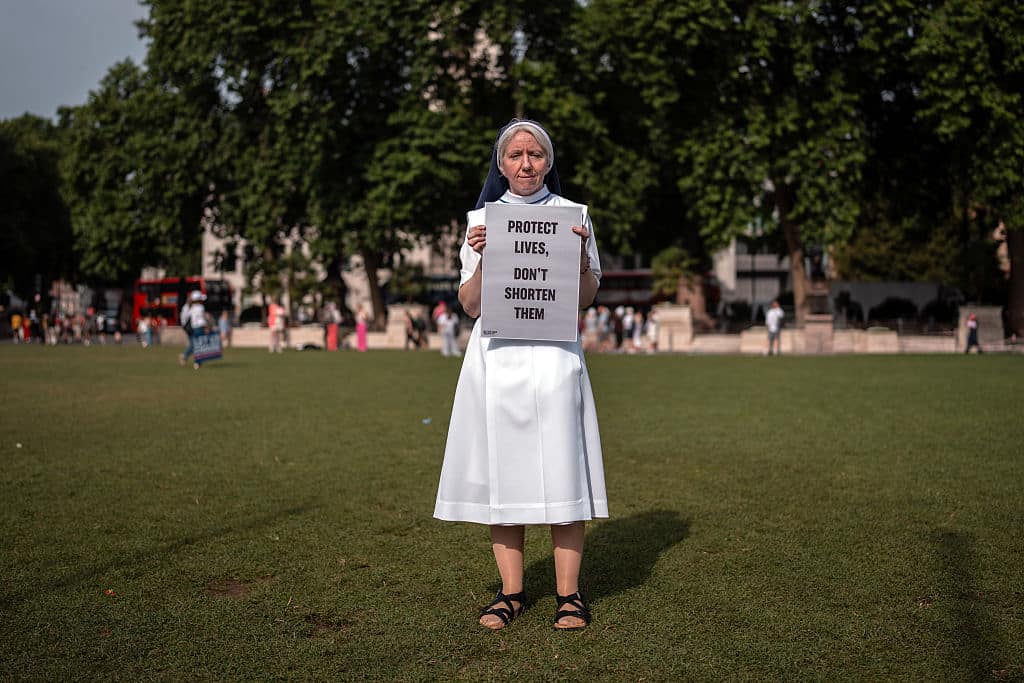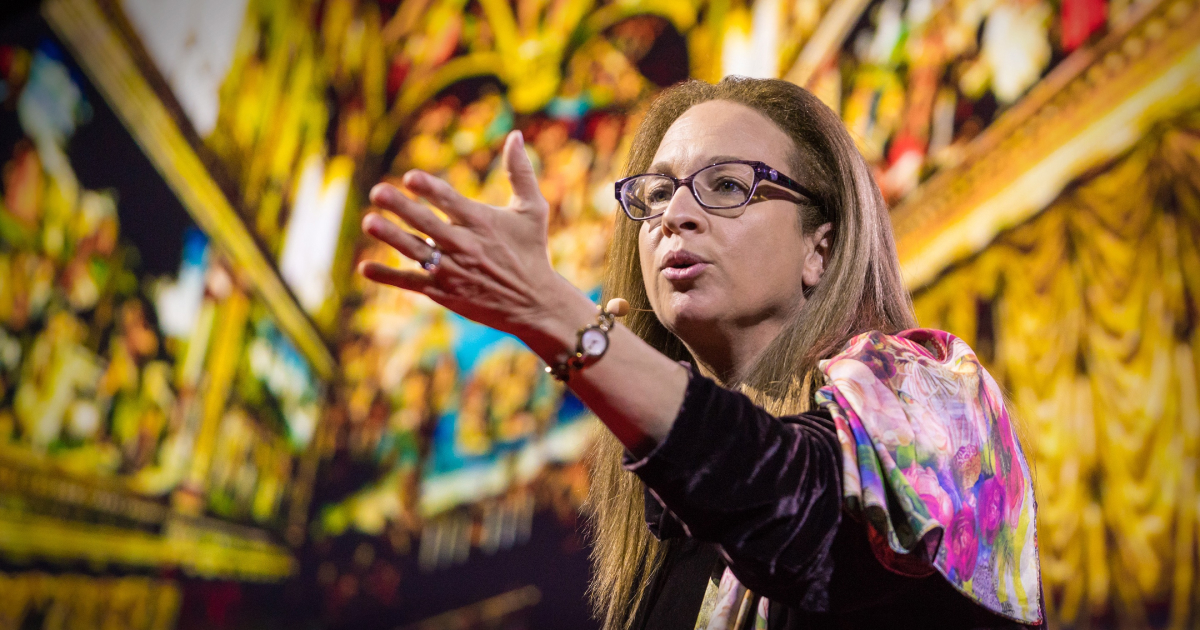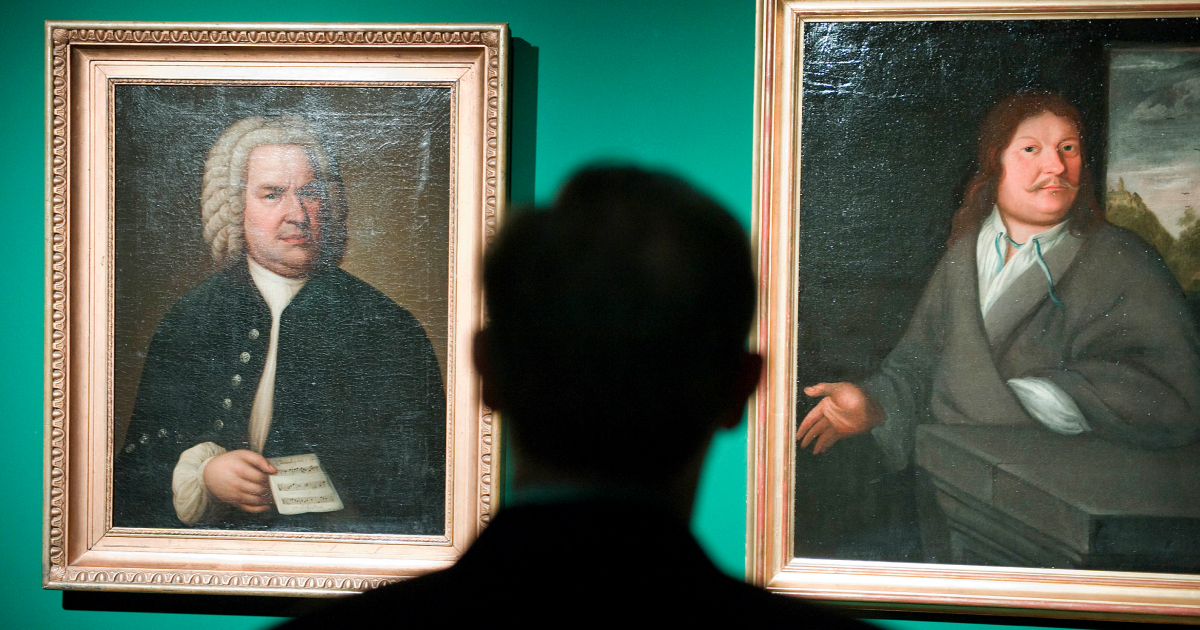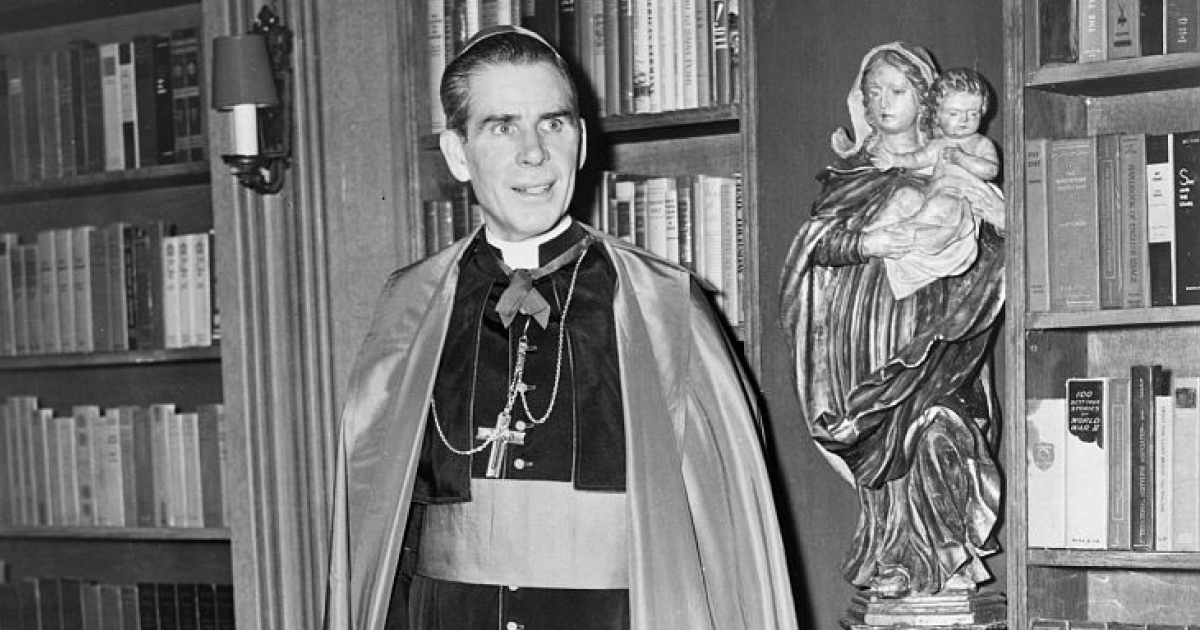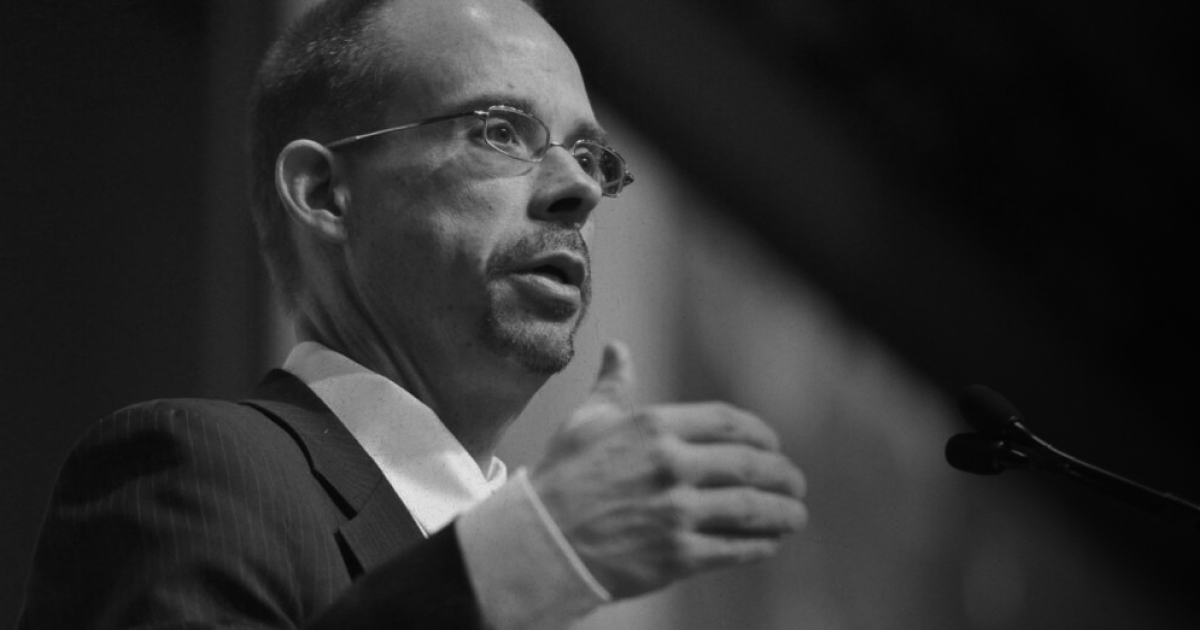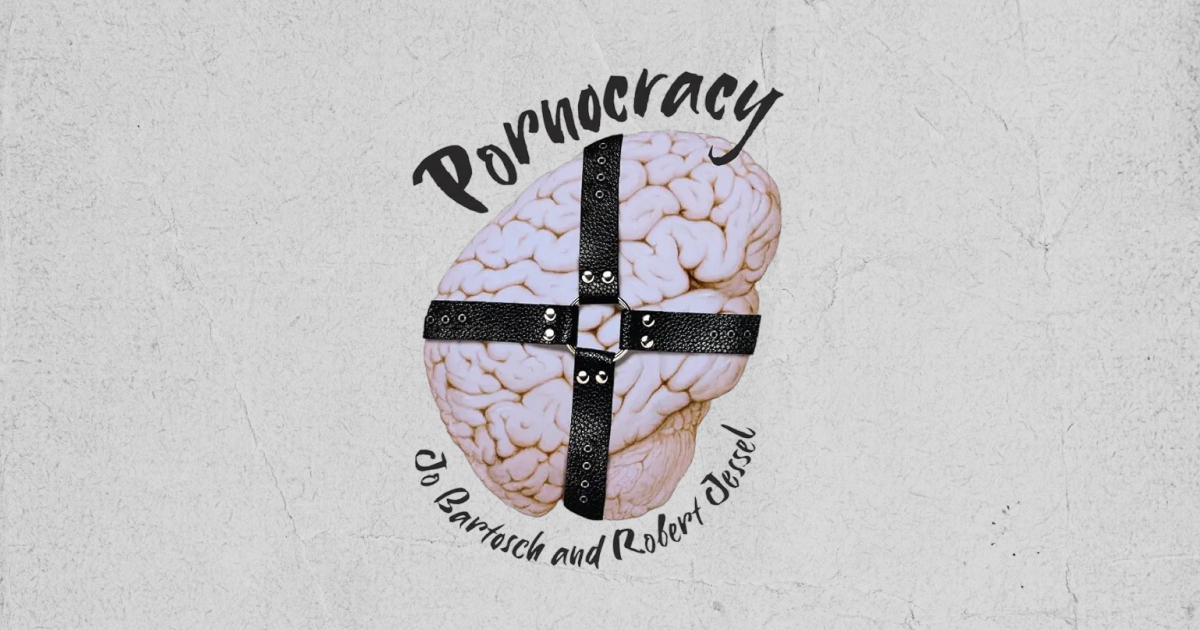Dozens of Catholic hospices and care homes for the elderly face closure after MPs passed a controversial assisted suicide Bill by just 23 votes.
The Terminally Ill Adults (End of Life) Bill was approved at Third Reading in the House of Commons today by 314 votes to 291.
Archbishop John Sherrington of Liverpool, the lead bishop on life issues, said the bishops were “shocked and disappointed” that MPs voted in favour of the Bill
He said: “This Bill is flawed in principle with several provisions that give us great cause for concern.
“The Catholic Church believes in promoting a culture of life and compassionate care. “Allowing the medical profession to help patients end their lives will change the culture of healthcare and cause legitimate fears amongst those with disabilities or who are especially vulnerable in other ways.
“We are also concerned about the future of palliative care, not least because experience suggests that, unless there are explicit protections, hospices may be required to co-operate with assisted suicide.
“If this were to happen, the future of many Catholic institutions could be under threat.
“This is not the end of the parliamentary process, and we should not lose hope.”
He added: “Genuine compassion involves accompanying those who need care, especially during sickness, disability and old age.
“The vocation to care is at the heart of the lives of so many people who look after their loved ones and is the sign of a truly compassionate society … it is essential that we nurture and renew the innate call that many people have to compassionately care for others.
“The bishops of England and Wales believe that improving the quality and availability of palliative care offers the best pathway to reducing suffering at the end of life. We will continue to advocate for this.”
Bishop Philip Egan of Portsmouth said: “This is an appalling development with massive consequences especially for the sick, the elderly and the vulnerable.
“British society has taken yet another step away from its Christian patrimony.”
Bishop Mark Davies of Shrewsbury said: "It is a sad moment for us all and especially for those most vulnerable that the House of Commons has opened the door to euthanasia in the guise of assisted dying.
"We may be incredulous that such a seismic change to society was effected by what is widely acknowledged to be a deeply flawed Bill passed after a few hours of debate, albeit with a small majority.
"We can hope that in the House of Lords there may be a reassessment of this legislation with all its dangers.
"We can also take heart in the public witness awakened in opposition to euthanasia and for the value of every human life; concern for safeguarding the sick and the aged in their vulnerability and truly assisting the dying in the provision of palliative care. This must surely remain our priority."
The private member’s Bill of Kim Leadbeater, the Labour MP for Spen Valley, will now be sent to the House of Lords for scrutiny before it receives Royal Assent and passes into law.
The Bill will allow adults who are deemed to have fewer than six months to live the right to be assisted by a medic in committing suicide.
Such applications must be signed off by two doctors and also approved by a panel consisting of a social worker, a lawyer and a psychiatrist.
The majority of the votes in favour of the Bill was much shorter than at Second Reading in November because of enduring concerns that proposed safeguards were ineffective.
At Second Reading in November, the vote share was 330 to 275, a majority of 55.
The Catholic Church which is opposed to euthanasia and assisted suicide because they directly contradict the Fifth Commandment: “You not kill.”
Catholic institutions will not be able to stay open if the Government insists they must facilitate such killings.
“Institutions whose mission has always been to provide compassionate care in sickness or old age, and to provide such care until the end of life, may have no choice, in the face of these demands, but to withdraw from the provision of such care,” said Cardinal Vincent Nichols and Archbishop Sherrington ahead of the vote.
“The widespread support which hospices attract from local communities will also be undermined by these demands which, in many cases, will require these institutions to act contrary to their traditional and principled foundations.”
Church lawyers have advised the bishops that the Government will issue regulations to enforce assisted suicide provision in care homes and hospices following the principles of equality of access to a “service”, which is invariably given priority over institutional freedom.
The provision of assisted suicide could be tied to government funding of hospices, to the local authority funding of care home residents or to local health authority contracts.
In its evidence to Parliament, St Gemma’s hospice in Leeds stated: “If compliance with assisted dying provision becomes a condition for NHS funding, institutions like St Gemma’s may have no alternative but to cease operations entirely”.
When St Joseph’s Hospice in Hackney, East London, published its position in October 2024, it stated: “As a Catholic hospice, our position is that assisted dying plays no part in our specialist palliative care practice and is not consistent with our ethos or values.
“We neither hasten death nor postpone it. We cherish life, but also embrace a natural death when it comes.”
Employers will not be able to take action against employees who choose to facilitate assisted suicide.
During Report Stage, one MP said quite clearly that it was wrong to allow care homes or hospices to prevent an employee exercising their conscience right to help a client of such an institution commit suicide.
The sponsors of the Bill have made clear that they believe that the “rights” of employees and residents of institutions must be put ahead of the freedom of an institution, putting Catholic hospices and care homes in an impossible position if staff, especially senior staff, take it upon themselves to make arrangements for a resident who wishes to have an assisted suicide or, in the case of a doctor, to provide direct assistance.
Lawyers have also advised the Church that legal challenges may establish that somebody who is seriously ill and who cannot be comfortably moved will have their human rights undermined or be subject to detriment under the Equality Act if the institution in which they are being cared for does not help provide assisted suicide on the premises.
The Government has indicated that a human rights challenge to a care home that did not facilitate assisted suicide would be likely to succeed.
A consequence of the closure of Catholic hospices would be the diminution of high-quality end-of-life care at a time when it is already drastically underfunded.
Catholic leaders have urgently asked the faithful to contact their MPs to demand that they vote against the Bill.
(Sister Doreen Cunningham from the Sisters of Nazareth convent holds a placard as she demonstrates against the assisted suicide bill on June 20, 2025 in London. Photo by Carl Court/Getty Images)
Dozens of Catholic hospices and care homes for the elderly face closure after MPs passed a controversial assisted suicide Bill by just 23 votes.
The Terminally Ill Adults (End of Life) Bill was approved at Third Reading in the House of Commons today by 314 votes to 291.
Archbishop John Sherrington of Liverpool, the lead bishop on life issues, said the bishops were “shocked and disappointed” that MPs voted in favour of the Bill
He said: “This Bill is flawed in principle with several provisions that give us great cause for concern.
“The Catholic Church believes in promoting a culture of life and compassionate care. “Allowing the medical profession to help patients end their lives will change the culture of healthcare and cause legitimate fears amongst those with disabilities or who are especially vulnerable in other ways.
“We are also concerned about the future of palliative care, not least because experience suggests that, unless there are explicit protections, hospices may be required to co-operate with assisted suicide.
“If this were to happen, the future of many Catholic institutions could be under threat.
“This is not the end of the parliamentary process, and we should not lose hope.”
He added: “Genuine compassion involves accompanying those who need care, especially during sickness, disability and old age.
“The vocation to care is at the heart of the lives of so many people who look after their loved ones and is the sign of a truly compassionate society … it is essential that we nurture and renew the innate call that many people have to compassionately care for others.
“The bishops of England and Wales believe that improving the quality and availability of palliative care offers the best pathway to reducing suffering at the end of life. We will continue to advocate for this.”
Bishop Philip Egan of Portsmouth said: “This is an appalling development with massive consequences especially for the sick, the elderly and the vulnerable.
“British society has taken yet another step away from its Christian patrimony.”
Bishop Mark Davies of Shrewsbury said: "It is a sad moment for us all and especially for those most vulnerable that the House of Commons has opened the door to euthanasia in the guise of assisted dying.
"We may be incredulous that such a seismic change to society was effected by what is widely acknowledged to be a deeply flawed Bill passed after a few hours of debate, albeit with a small majority.
"We can hope that in the House of Lords there may be a reassessment of this legislation with all its dangers.
"We can also take heart in the public witness awakened in opposition to euthanasia and for the value of every human life; concern for safeguarding the sick and the aged in their vulnerability and truly assisting the dying in the provision of palliative care. This must surely remain our priority."
The private member’s Bill of Kim Leadbeater, the Labour MP for Spen Valley, will now be sent to the House of Lords for scrutiny before it receives Royal Assent and passes into law.
The Bill will allow adults who are deemed to have fewer than six months to live the right to be assisted by a medic in committing suicide.
Such applications must be signed off by two doctors and also approved by a panel consisting of a social worker, a lawyer and a psychiatrist.
The majority of the votes in favour of the Bill was much shorter than at Second Reading in November because of enduring concerns that proposed safeguards were ineffective.
At Second Reading in November, the vote share was 330 to 275, a majority of 55.
The Catholic Church which is opposed to euthanasia and assisted suicide because they directly contradict the Fifth Commandment: “You not kill.”
Catholic institutions <a href="https://thecatholicherald.com/cardinal-nichols-we-will-close-catholic-hospices-and-care-homes-if-mps-vote-for-assisted-suicide/"><mark style="background-color:rgba(0, 0, 0, 0)" class="has-inline-color has-vivid-cyan-blue-color">will not be able to stay open</mark></a> if the Government insists they must facilitate such killings.
“Institutions whose mission has always been to provide compassionate care in sickness or old age, and to provide such care until the end of life, may have no choice, in the face of these demands, but to withdraw from the provision of such care,” said Cardinal Vincent Nichols and Archbishop Sherrington ahead of the vote.
“The widespread support which hospices attract from local communities will also be undermined by these demands which, in many cases, will require these institutions to act contrary to their traditional and principled foundations.”
Church lawyers have advised the bishops that the Government will issue regulations to enforce assisted suicide provision in care homes and hospices following the principles of equality of access to a “service”, which is invariably given priority over institutional freedom.
The provision of assisted suicide could be tied to government funding of hospices, to the local authority funding of care home residents or to local health authority contracts.
In its evidence to Parliament, <a href="https://u7061146.ct.sendgrid.net/ls/click?upn=u001.gqh-2BaxUzlo7XKIuSly0rC6rTYeOd2qE4TMY-2FvKmabOVE-2BtvbFwmsevKo5UrIouFNVKMwUqwPsd7Z-2BbaXjcMQLkUElFbCKN7XNCNuq2o8NBDaB0JpWxWZsJ5agTlOPA-2FNc6yjxadtjFekbJVpQNcDRg-3D-3Dnufe_z7txIHmiMxMYlag5G1si6lL6Em1HU3JlKfwTUzjubGGmq1UDJVifvmAwDnCQjqmWP-2Bn1rq-2F5xIwXhiXGzLWF-2BSRWFgbc2Jxh0xwLtYElZHY7aA8wpkBEBK1cepYoeFQYXZY48RzwbZPnYnNeWj5JY5peDvP76DGOCumRlqreeT4V5cGq3UCP2oB-2FD2gXXdvWLrm9RTXorDVY-2FpliX-2BYFBZ-2Bii-2BBCXRo9UCzLMou4ck65osQIw4FyVzF7igoQbBWwk3BteGSxA0GG66zH8TmNkj8K1ztxTx2tEYfrqK3BvBNBTOS-2BzCJ2jm-2BZyTusE5DAHz9XV-2F6qBkahJJuvwK87THpO805ucC3DJsRuutZX5lc-3D"><mark style="background-color:rgba(0, 0, 0, 0)" class="has-inline-color has-vivid-cyan-blue-color">St Gemma’s hospice in Leeds</mark></a> stated: “If compliance with assisted dying provision becomes a condition for NHS funding, institutions like St Gemma’s may have no alternative but to cease operations entirely”.
When St Joseph’s Hospice in Hackney, East London, published its position in October 2024, it stated: “As a Catholic hospice, our position is that assisted dying plays no part in our specialist palliative care practice and is not consistent with our ethos or values.
“We neither hasten death nor postpone it. We cherish life, but also embrace a natural death when it comes.”
Employers will not be able to take action against employees who choose to facilitate assisted suicide.
During Report Stage, one MP said quite clearly that it was wrong to allow care homes or hospices to prevent an employee exercising their conscience right to help a client of such an institution commit suicide.
The sponsors of the Bill have made clear that they believe that the “rights” of employees and residents of institutions must be put ahead of the freedom of an institution, putting Catholic hospices and care homes in an impossible position if staff, especially senior staff, take it upon themselves to make arrangements for a resident who wishes to have an assisted suicide or, in the case of a doctor, to provide direct assistance.
Lawyers have also advised the Church that legal challenges may establish that somebody who is seriously ill and who cannot be comfortably moved will have their human rights undermined or be subject to detriment under the Equality Act if the institution in which they are being cared for does not help provide assisted suicide on the premises.
The Government has indicated that a human rights challenge to a care home that did not facilitate assisted suicide would be likely to succeed.
A consequence of the closure of Catholic hospices would be the diminution of high-quality end-of-life care at a time when it is already drastically underfunded.
Catholic leaders have urgently asked the faithful to contact their MPs to demand that they vote against the Bill.
<em>(Sister Doreen Cunningham from the Sisters of Nazareth convent holds a placard as she demonstrates against the assisted suicide bill on June 20, 2025 in London. Photo by Carl Court/Getty Images)</em>






